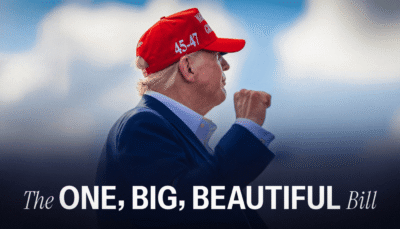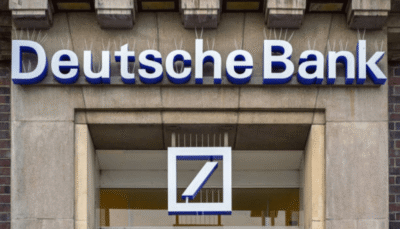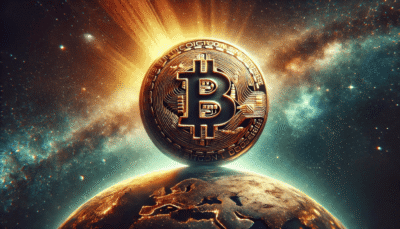El Salvador is forging ahead with its national Bitcoin strategy, adding another 7 BTC to its reserves last week—even as its $1.4 billion loan agreement with the International Monetary Fund (IMF) discourages such activity.
The latest purchase brings the country’s total Bitcoin holdings to 6,173 BTC, valued at over $637 million. These figures, disclosed by the National Bitcoin Office, underscore El Salvador’s continued commitment to Bitcoin accumulation, months after finalizing its agreement with the IMF—a deal that includes stipulations to reduce public sector involvement in Bitcoin-related investments.

Despite these terms, El Salvador remains the only sovereign nation making consistent open-market Bitcoin purchases. Government officials frame the strategy as a long-term play aimed at fostering financial innovation and strengthening national reserves through a decentralized asset hedge.
Industry observers see El Salvador’s BTC policy as a potential model for emerging economies looking to diversify away from legacy financial systems. While controversial, the country’s approach offers a bold new playbook for digital asset adoption at the nation-state level.
El Salvador Stands Firm on Bitcoin Strategy, Sidesteps IMF Restrictions
El Salvador’s Bitcoin ambitions remain unchanged despite the $1.4 billion IMF loan agreement signed in late 2024. As part of the deal, the government agreed to repeal its Bitcoin legal tender law and shift to a voluntary payment model for BTC transactions.
In January 2025, lawmakers voted 55-2 to revoke the legal mandate requiring businesses to accept Bitcoin—meeting one of the IMF’s key demands. The fund also called for decreased state spending on Bitcoin initiatives and the privatization of the government-backed Chivo Wallet, which has struggled to gain widespread adoption.
However, these concessions have not slowed the country’s ongoing Bitcoin purchases. The Bukele administration continues to accumulate BTC, signaling its belief that long-term economic benefits outweigh international scrutiny or creditor pressure.
Bukele Doubles Down as IMF Renews Pressure
In March 2025, the IMF renewed its call for El Salvador to halt its Bitcoin acquisitions, reiterating concerns over fiscal risk and non-compliance with loan conditions. President Nayib Bukele responded with defiance.
Rejecting any suggestion of a policy reversal, Bukele issued a public statement on X (formerly Twitter) reaffirming El Salvador’s unwavering stance. He referenced the skepticism the country faced when it first adopted Bitcoin in 2021, as well as backlash from both the global financial community and segments of the crypto industry.
“It didn’t stop when the world ostracized us and most Bitcoiners abandoned us. It won’t stop now, and it won’t stop in the future,” Bukele declared.
The message made it clear: El Salvador sees Bitcoin as more than a financial experiment—it’s a core part of its economic identity and a defiant symbol of sovereignty in an evolving global financial order.
Quick Facts
- El Salvador purchased 7 BTC in the week leading up to April 27, 2025, bringing its total holdings to approximately 6,173 BTC.
- The acquisitions continue despite conditions in a $1.4 billion IMF loan agreement that urge reduced public sector involvement in Bitcoin.
- President Nayib Bukele reaffirmed the government’s long-term commitment to its Bitcoin strategy in March 2025.
- El Salvador’s actions may inspire other nations to explore sovereign crypto adoption as a hedge against traditional financial risk.





